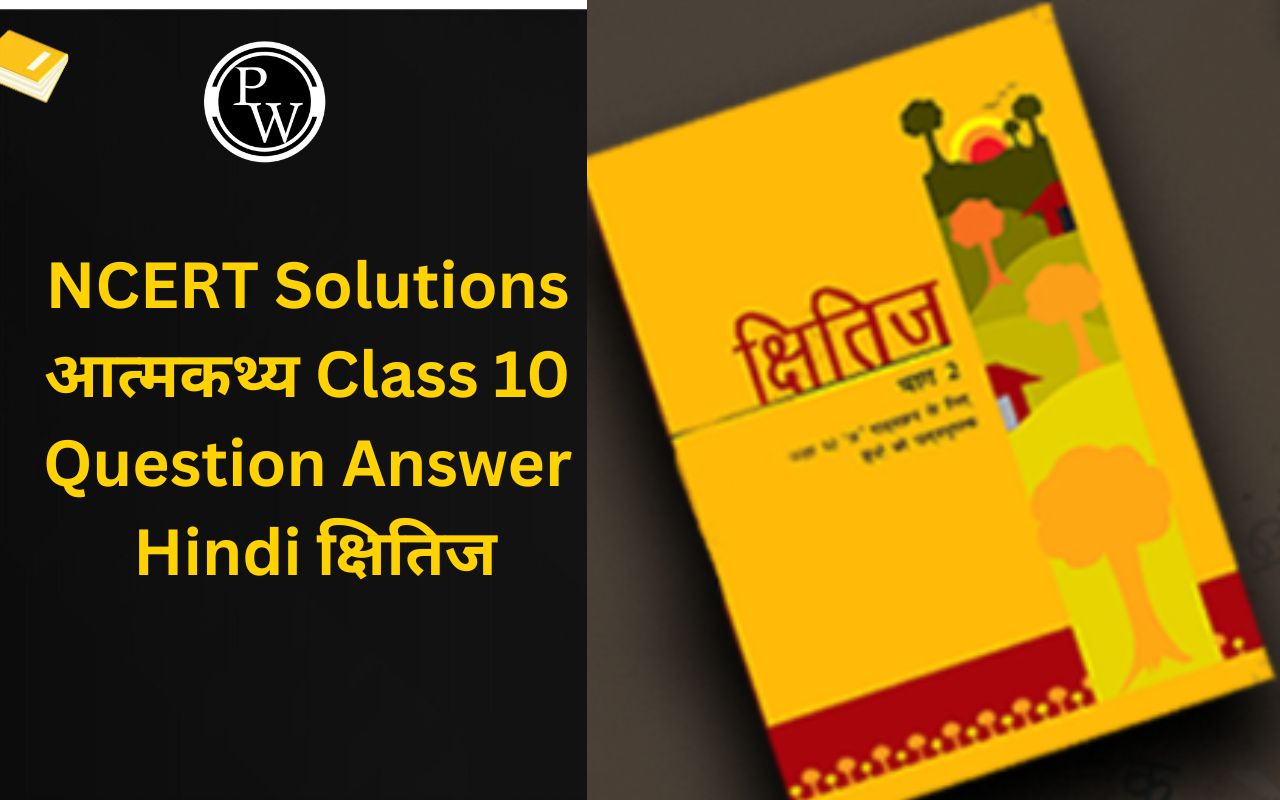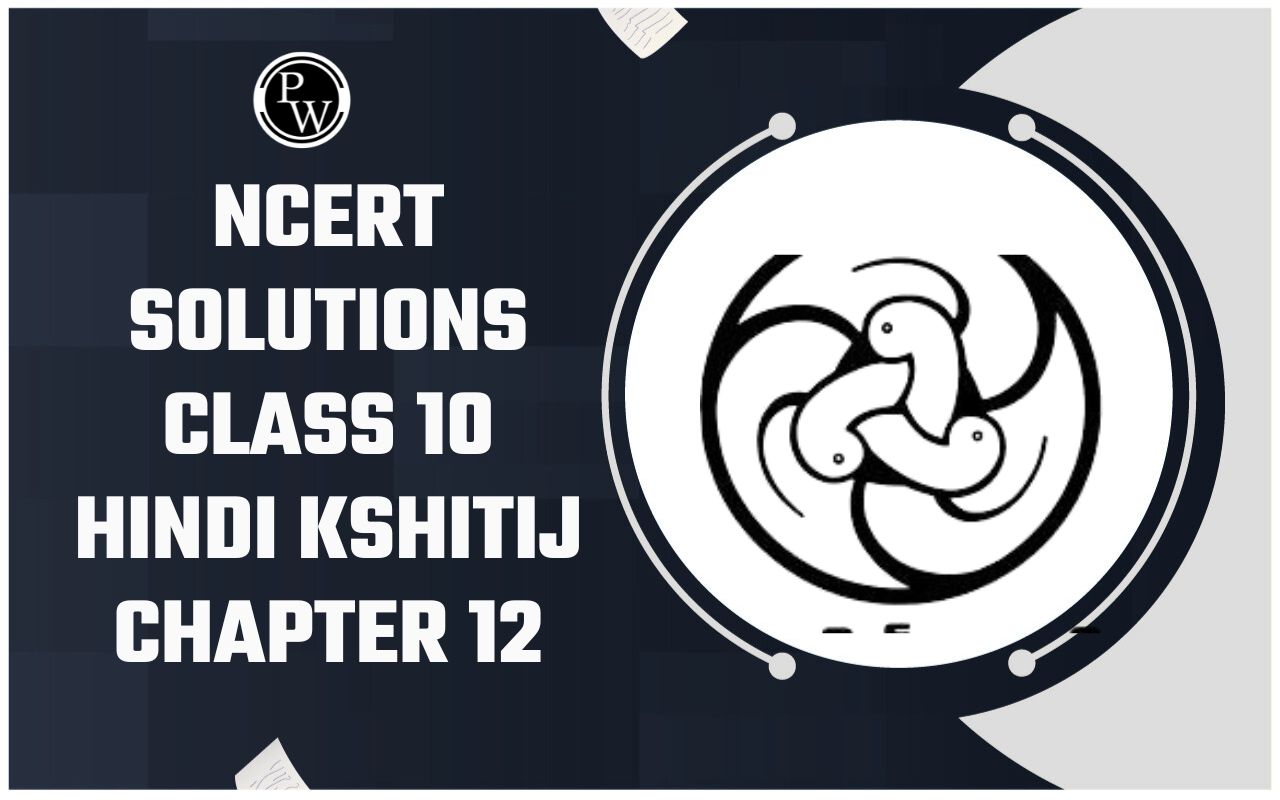
Conquest, Disease And Trade
The Making Of Global World of Class 10
Conquest, Disease And Trade
- In 16 th century after European sailors found a sea route to Asia, they discovered America.
- The Indian subcontinent had been known for bustling trade with goods, people, customs and knowledge . It was a crucial point in their trade network.
- After the discovery of America, its vast lands and abundant crops and minerals began to transform trade and lives everywhere.
- Precious metals, particularly silver from mines located in Peru and Maxico enhanced Europe’s wealth and financed its trade with Asia.
- The Portuguese and Spanish conquest and colonization of America was under way. The most powerful weapon of the Spanish conquerors was not a conventional military weapon but germs of small pax which they carried. America’s original inhabitants had no immunity against such type of diseases.
A WORLD ECONOMY TAKES SHAPE:
- Abolition of the Corn law.
- Under pressure from lauded groups the government restricted the import of food grains.
- After the corn laws were scrapped, food could be imported into Britain more cheaply than it could be produced in the country.
- British farmers were unable to compete with imports. Vast areas of land were left uncultivated.
- As food prices fell, consumption in Britain rose.
- Faster industrial growth in Britain led to higher incomes and more food imports.
BRETTON WOODS INSTITUTIONS:
- To deal with external surpluses and deficits a conference was held in July 1944 at Bretton woods in New Hampshire U.S.A.
- International Monetary fund and world Bank were set up to finance post war reconstruction.
- The past war international economic system is known as Bretton woods systems.
- This system was based on fixed exchange rates.
- IMF and World Bank are referred as Bretton Woods Twins.
- U.S has an effective right of veto over key IMF and World Bank.
NEW INTERNATIONAL ECONOMIC ORDER – NIEO:
- Most developing countries did not benefit from the fast growth of Western economies in 1950’s & 60’s.
- They organized themselves as a group. The group of 77 or G-77 to demand a new international economic order (NIEO).
- It was a system that would give them real control over their natural resources more development assistance, fairer prices for raw materials and better access for their manufactured goods in developed countries markets.
Talk to a counsellorHave doubts? Our support team will be happy to assist you!

Check out these Related Articles
Free Learning Resources
PW Books
Notes (Class 10-12)
PW Study Materials
Notes (Class 6-9)
Ncert Solutions
Govt Exams
Class 6th to 12th Online Courses
Govt Job Exams Courses
UPSC Coaching
Defence Exam Coaching
Gate Exam Coaching
Other Exams
Know about Physics Wallah
Physics Wallah is an Indian edtech platform that provides accessible & comprehensive learning experiences to students from Class 6th to postgraduate level. We also provide extensive NCERT solutions, sample paper, NEET, JEE Mains, BITSAT previous year papers & more such resources to students. Physics Wallah also caters to over 3.5 million registered students and over 78 lakh+ Youtube subscribers with 4.8 rating on its app.
We Stand Out because
We provide students with intensive courses with India’s qualified & experienced faculties & mentors. PW strives to make the learning experience comprehensive and accessible for students of all sections of society. We believe in empowering every single student who couldn't dream of a good career in engineering and medical field earlier.
Our Key Focus Areas
Physics Wallah's main focus is to make the learning experience as economical as possible for all students. With our affordable courses like Lakshya, Udaan and Arjuna and many others, we have been able to provide a platform for lakhs of aspirants. From providing Chemistry, Maths, Physics formula to giving e-books of eminent authors like RD Sharma, RS Aggarwal and Lakhmir Singh, PW focuses on every single student's need for preparation.
What Makes Us Different
Physics Wallah strives to develop a comprehensive pedagogical structure for students, where they get a state-of-the-art learning experience with study material and resources. Apart from catering students preparing for JEE Mains and NEET, PW also provides study material for each state board like Uttar Pradesh, Bihar, and others
Copyright © 2025 Physicswallah Limited All rights reserved.
Get App








